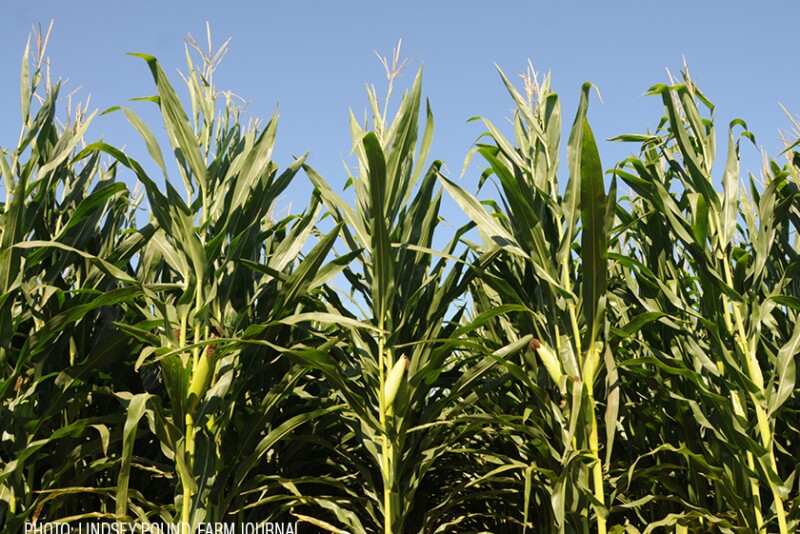Heading into the second half of their 2025 financial year, Bayer leaders echo positive comments surrounding the company’s crop science division.
What has them bullish?
First, Bayer is optimistic the EPA will have an approved label for over the top dicamba products for the 2026 crop year.
“We are working very close with EPA and the process, but we feel confident that we’re going to have the label for the ‘26 season,” said Rodrigo Santos, head of Bayer Crop Science.
In 2024, the labels were vacated by federal courts and over the top application of dicamba was not legal in soybeans and cotton this growing season.
As part of the registration process for the future labels, the public comment period is currently open, and it closes toward the end of this month. Read more here.
Second, 95+ million acres of corn increased the division’s net sales 2.2% year-over-year for the second quarter. Within their business for the quarter, corn seed and traits were up 30%, soybeans were down 18% and cotton was down 26%, of which the later two declines were attributed to the dicamba vacatur effecting the 2025 crop year.
Santos, head of Bayer Crop Science says that could flip next year.
“We had 95 million acres of corn in US this year. You see that on the future price of corn, you’re probably going to see a little bit more of favor market for soybean next year versus corn. And we see some opportunities with soybean, with the [dicamba] label, but also with the business that we have,” he said.
Santos added the excellent growing conditions for farmers in the U.S. not only supports strong commodity grain yields but also the company’s seed production is benefiting with high quality supply forecasted.
Third, Bayer has expanded its support of glyphosate and protecting the product in its ongoing litigation. Last week, the company announced an additional $1.3 billion allotted toward lawsuit management, court proceedings and settlements.
“These decisions are part of our multi-pronged strategy to significantly contain litigation by the end of 2026, which we affirm today,” said CEO Bill Anderson during the earnings call. “Simply put, every decision we make has the goal of positioning the company to move past our litigation woes.”
He added, “This isn’t a turning point. We are turning over every stone to the various approaches that we’ve called out in the past, and we remain committed to substantially contain this litigation threat to the company by the end of next year.”
Anderson said the company has settled 17,000 cases at a “low cost per case.”
He also added, “in June, the US Supreme Court requested input from the Solicitor General in the glyphosate case. We welcome this step, and we expect a recommendation in the coming weeks or months. This decision keeps intact the broader timeline of having a SCOTUS ruling by summer of next year. But our strategy is multi pronged, and we’re not dependent on a singular milestone like a positive SCOTUS decision.”
“We continue to examine additional options to protect the company, and everything remains on the table,” Anderson said. “We remain acutely aware of the threat of this issue for U.S. farmers, U.S. consumers and our company, this is an important time with numerous prongs of our strategy advancing toward important junctures. As we move forward, we’re making each decision with one broader goal in mind, narrowing the overall threat, and bringing our company closer to containment.”
Fourth, Bayer boasted on its pipeline and forthcoming products.
It recently submitted Icafolin-methyl for approval in four markets: the U.S., Canada and Brazil. The company says this is a ‘blockbuster’ herbicide molecule employing a mode of action not seen in commercial agriculture in over 30 years.
Fifth, the company has progressed with its new business model and operations streamlining.
Now in its second year, dynamic shared ownership, the term coined by Anderson for its new business model continues to progress. Since the rollout started, the company has reduced 12,000 full-time roles and personnel.
Additionally, Bayer has reached an agreement on the single points of a joint declaration with its workers representatives and can begin streamlining its production and operations in Germany.


